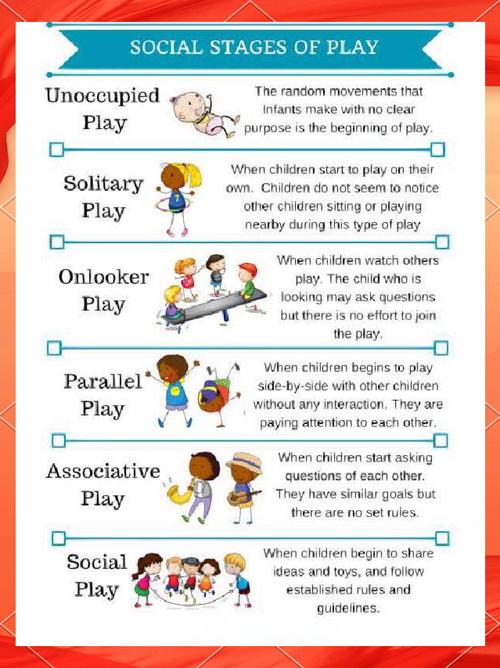Understanding the Importance of Money Skills
Money skills are essential for everyone, regardless of their intellectual abilities. For intellectually challenged students, these skills are even more crucial as they navigate through life’s financial challenges. Board games can be an excellent tool to teach these skills in a fun and interactive way.
Benefits of Board Games
Board games offer a variety of benefits that make them an ideal teaching tool for money skills. They provide a hands-on experience, allowing students to learn through play. Additionally, they encourage social interaction, problem-solving, and strategic thinking. Here are some key benefits of using board games to teach money skills:
-
Interactive Learning: Students can learn by doing, which enhances their understanding and retention of the material.
-
Social Interaction: Playing with others helps students develop communication and teamwork skills.
-
Problem-Solving: Many board games require players to make decisions based on limited information, fostering critical thinking.
-
Strategic Thinking: Students learn to plan ahead and anticipate the actions of others.

Choosing the Right Board Games
Selecting the appropriate board games is crucial for effectively teaching money skills. Look for games that focus on financial concepts, such as budgeting, saving, and investing. Here are some popular board games that can be used to teach money skills:
| Game | Focus | Age Range |
|---|---|---|
| Monopoly | Property buying, renting, and managing | 8+ years |
| The Game of Life | Financial planning, career choices, and retirement | 8+ years |
| Life of George | Personal finance, budgeting, and saving | 8+ years |
| Bank On It | Banking, saving, and investing | 8+ years |
Adapting Games for Intellectual Challenged Students
Adapting board games to suit the needs of intellectually challenged students is essential for their success. Here are some tips for modifying games to make them more accessible:
-
Use Visual Aids: Provide visual aids, such as pictures or symbols, to help students understand the game’s rules and objectives.
-
Reduce Complexity: Simplify the game’s rules and gameplay to make it more manageable for students with limited cognitive abilities.
-
Use Assistive Devices: Consider using assistive devices, such as dice with larger numbers or tokens with Braille labels, to make the game more accessible.
-
Pair Students: Pair students with a peer or adult to help them understand the game’s rules and make decisions.
Teaching Money Skills Through Board Games
Here are some ways to incorporate money skills into board games:
-
Budgeting: Assign each player a budget and have them make decisions based on their financial resources.
-
Saving: Encourage players to save a portion of their earnings throughout the game.
-
Investing: Introduce the concept of investing by having players choose between different investment options.
-
Debt Management: Teach players how to manage debt by incorporating loans and interest into the game.
Monitoring Progress and Adjusting Strategies
Regularly monitor the progress of your students and adjust your teaching strategies as needed. Here are some tips for monitoring progress:
-
Observe: Pay attention to how students interact with the game and their understanding of the financial concepts.
-
Assess: Use quizzes or discussions to assess students’ understanding of the money skills being taught.
-
Adjust: Modify the game’s complexity or rules to better suit the needs of your students.


